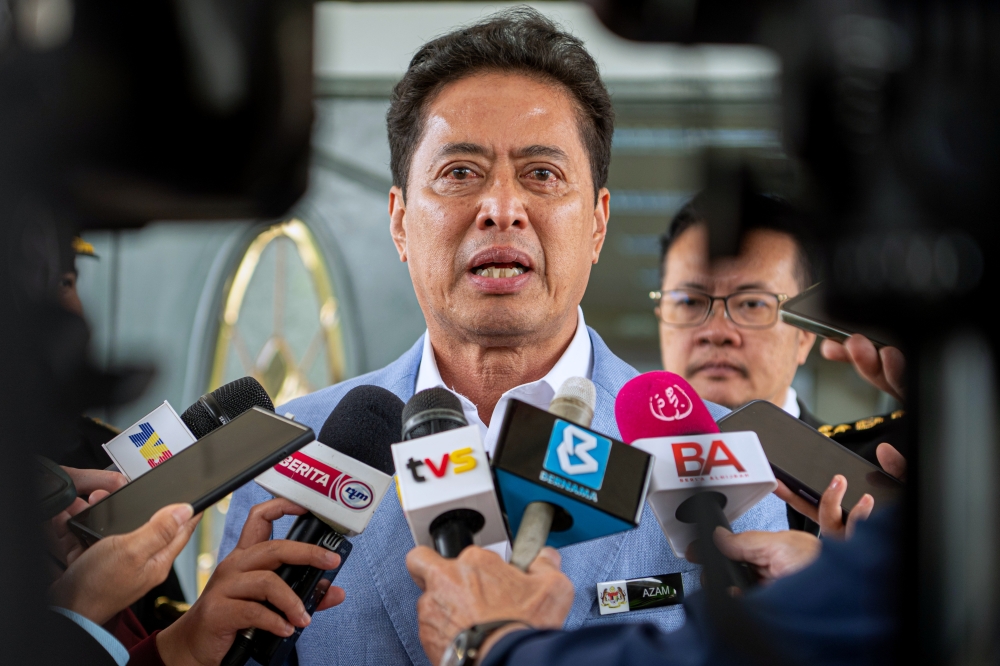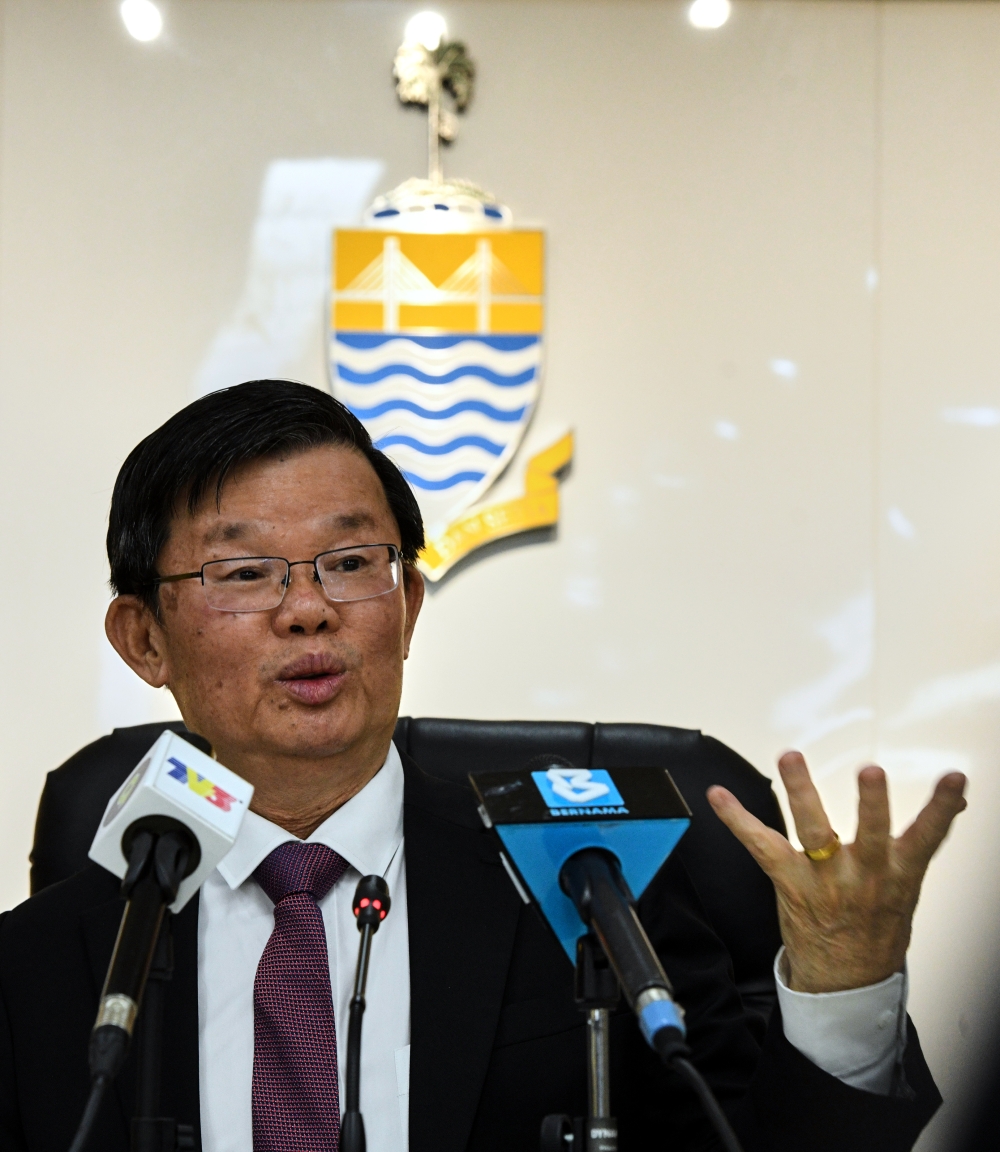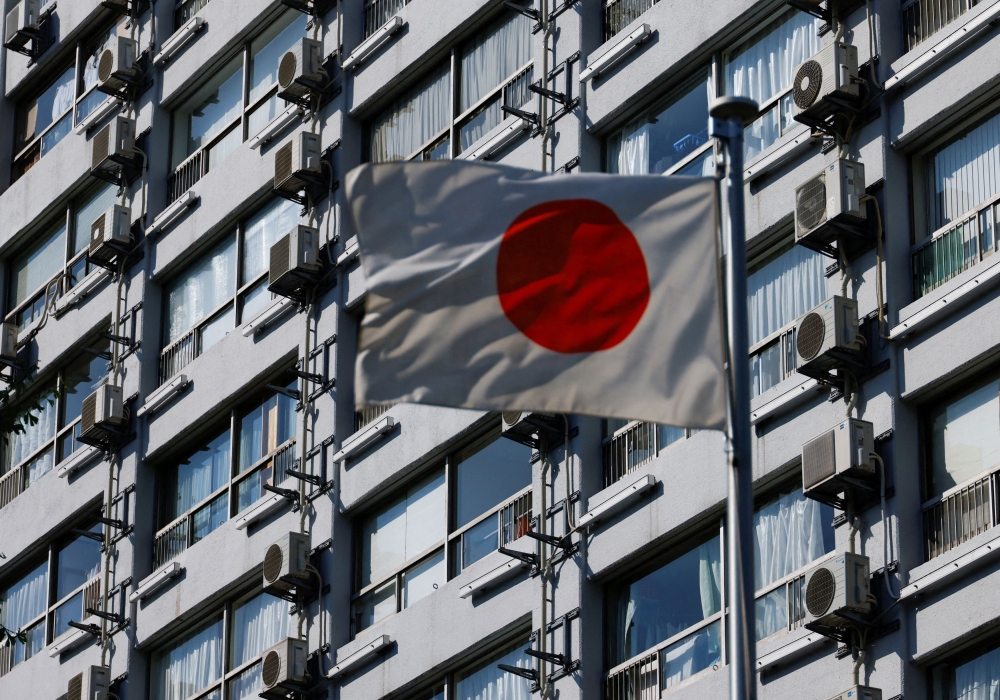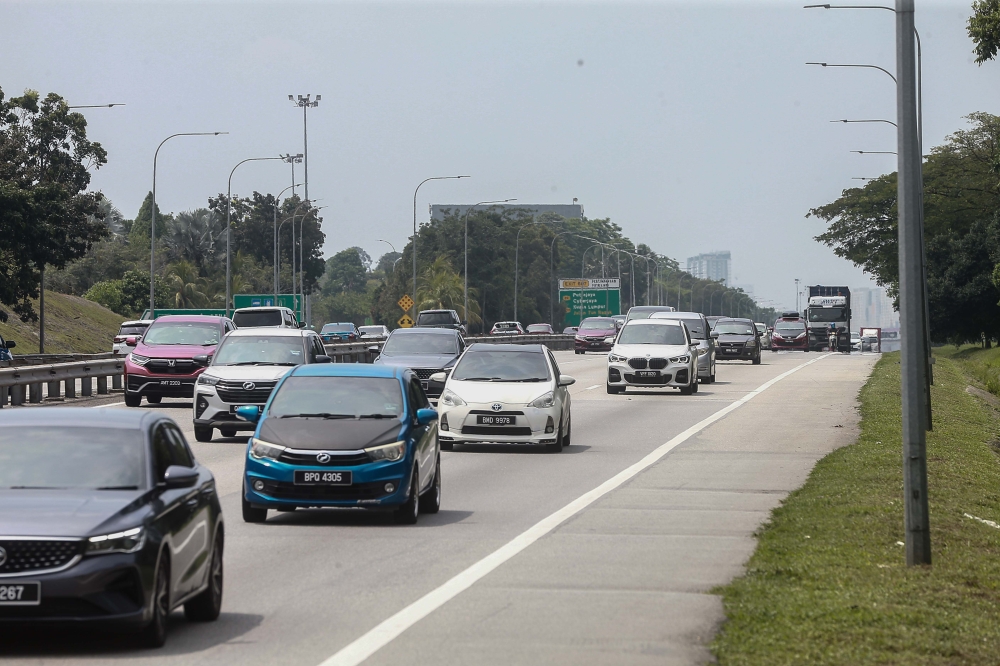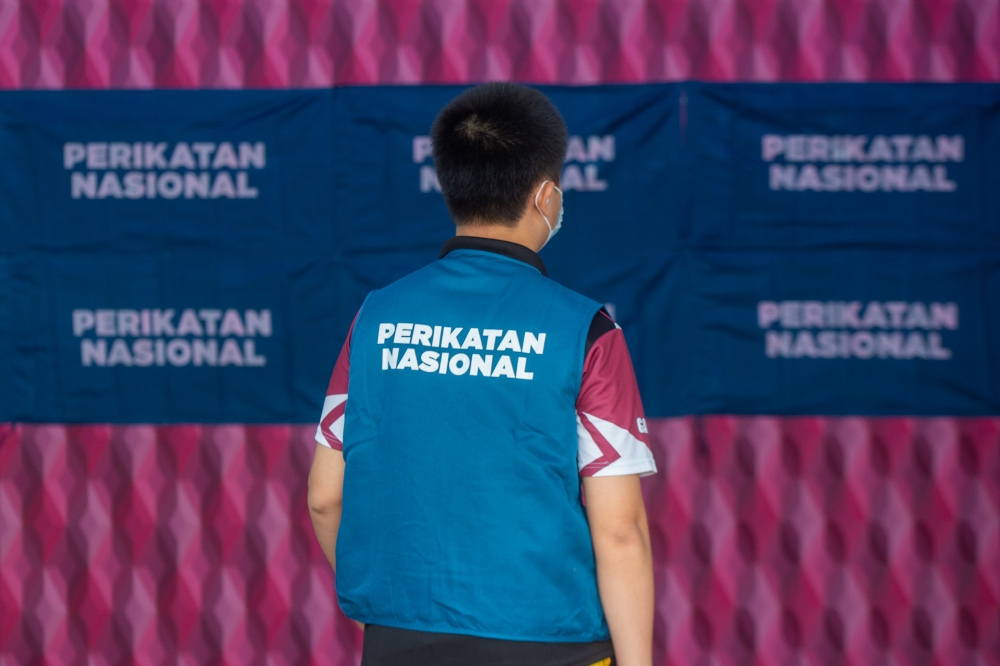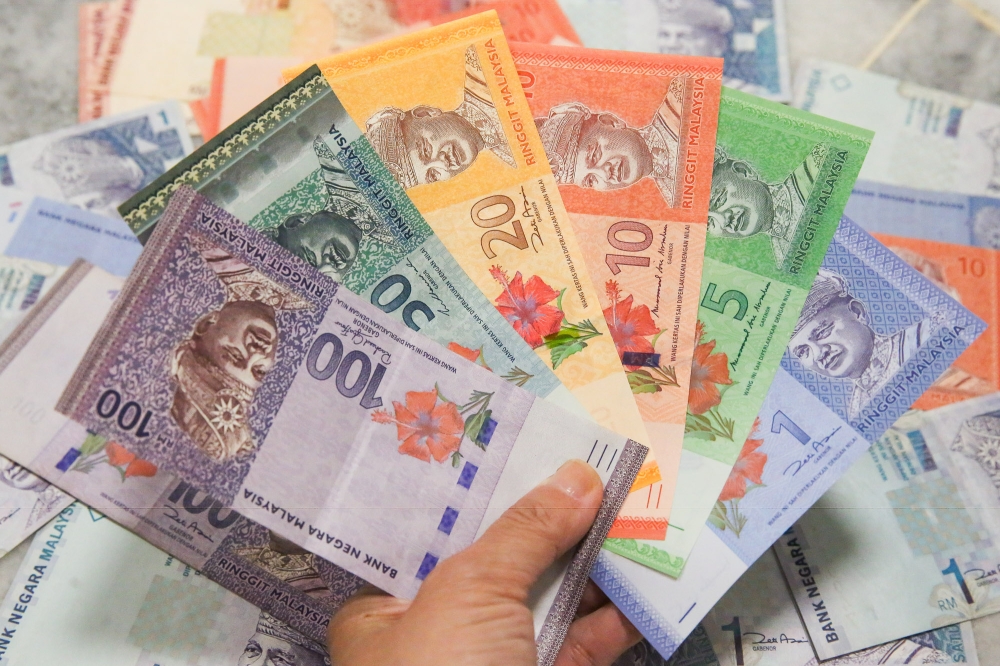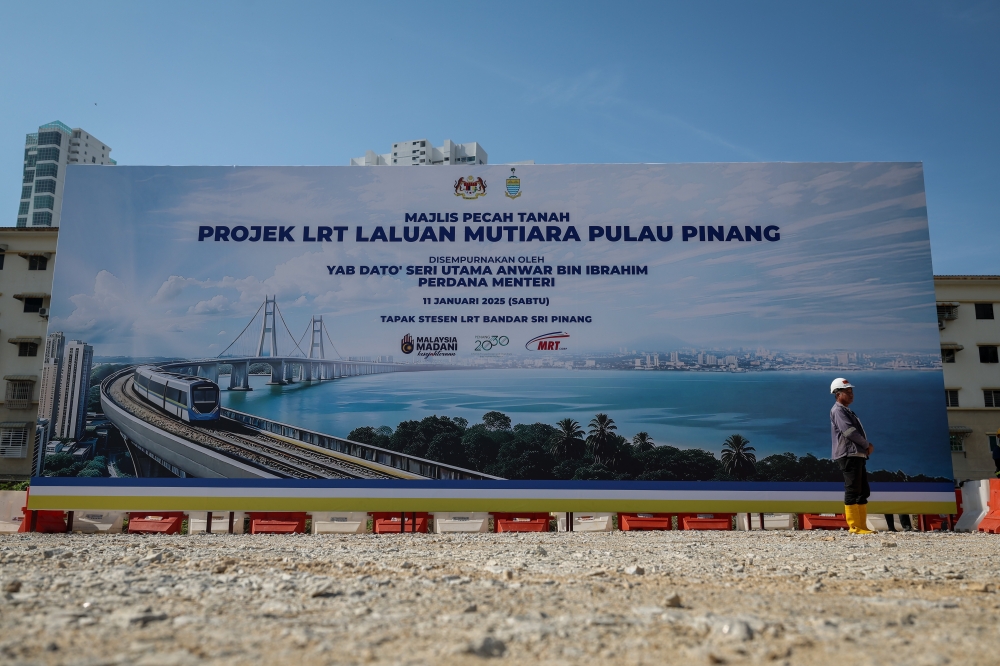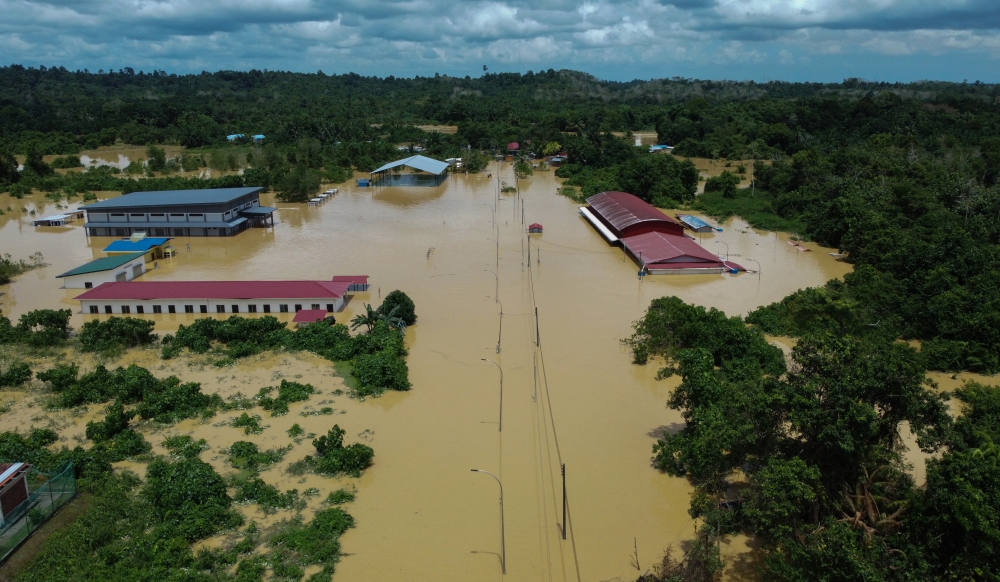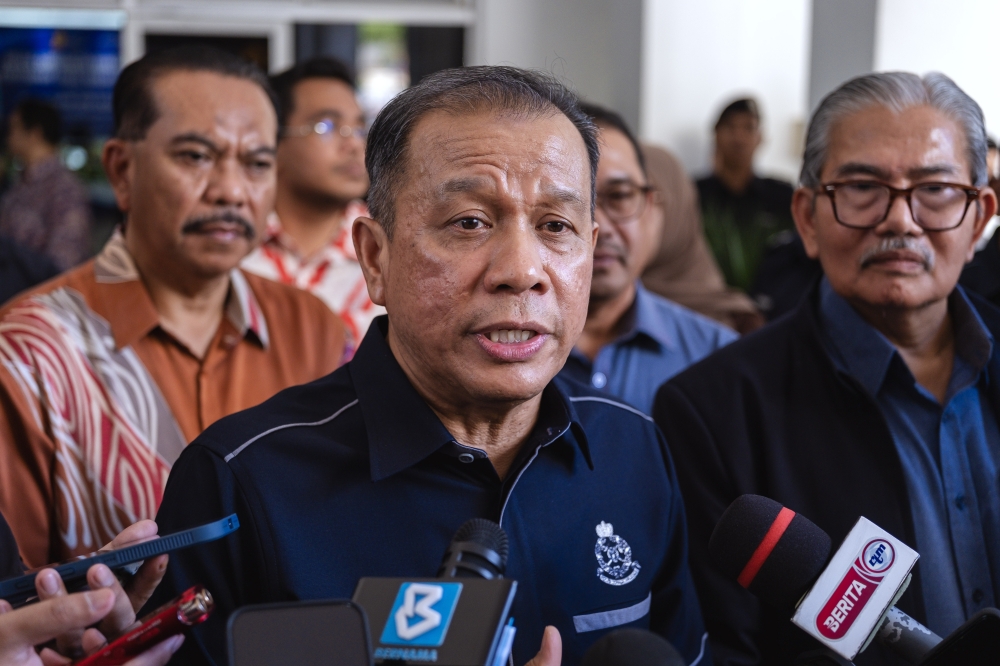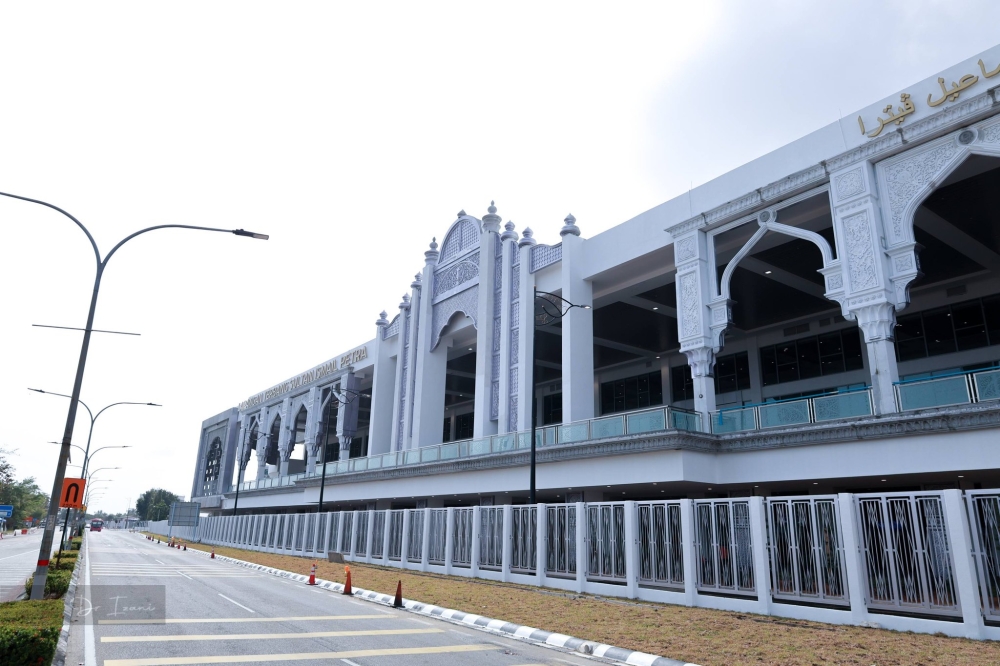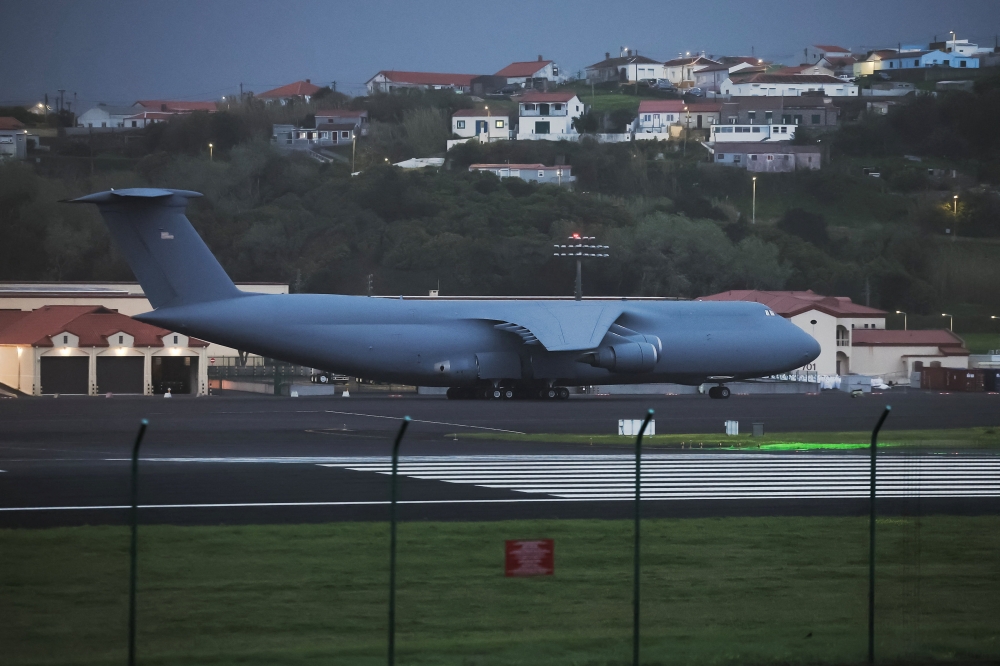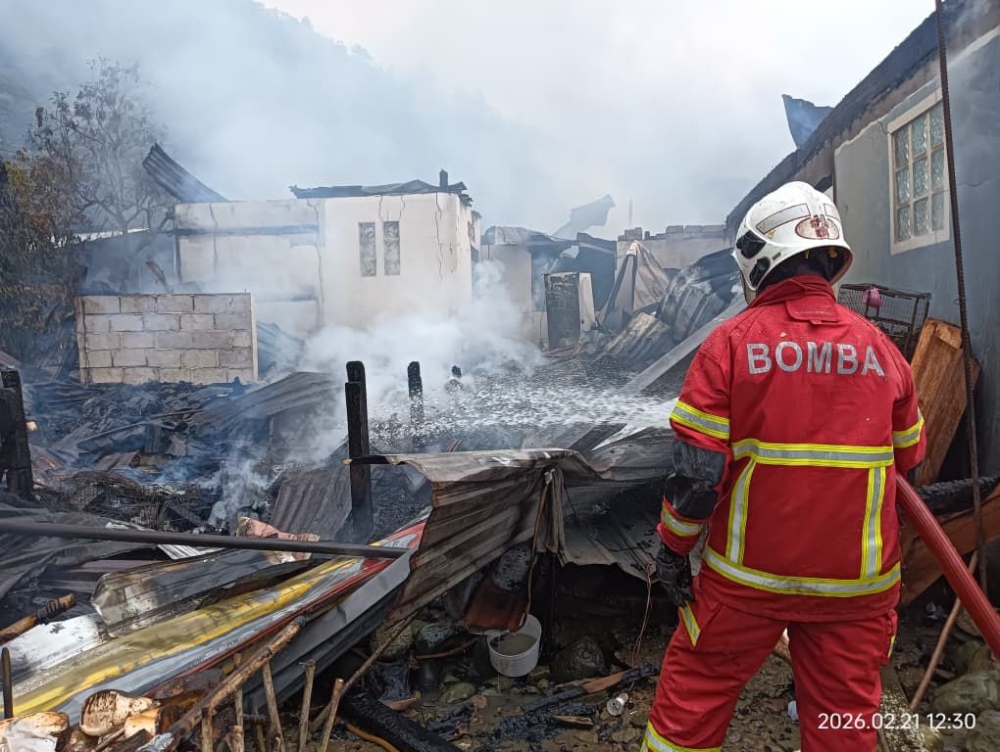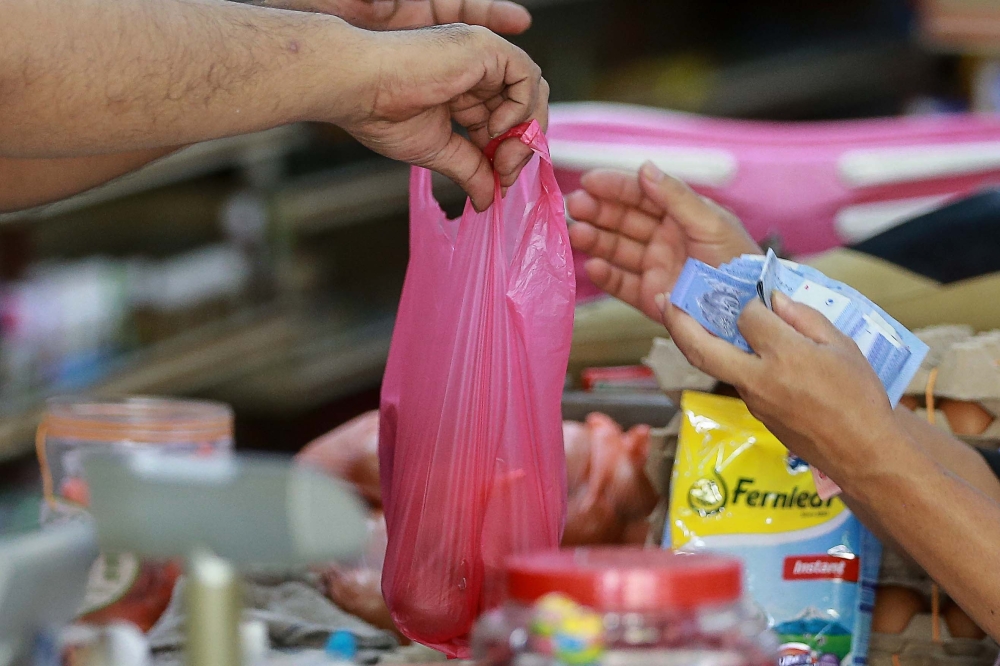PUTRAJAYA, May 1 — With fewer than 200 Malayan tigers left in the wild, Water, Land and Natural Resources Minister Dr Xavier Jayakumar is on a mission to stop their population from falling further.
“I only have only 198 left in the jungle and I think they are very precious to me,” he told a special press conference this week on the first anniversary of the Pakatan Harapan (PH) federal government.
He said the Jata Negara, Malaysia’s coat-of-arms also bears two tigers, showing the animal’s significance to the country, and pledged to save their population from being decimated.
“I don't think during my time in the ministry that I am going to lose them.”
The panthera tigris tigris has been placed on the International Union for Conservation of Nature’s Red List of species that are critically in danger of being wiped out, and Dr Xavier previously expressed concern the animal may become extinct in under 10 years.
In line with this, the Kuala Langat MP said his ministry was amending the Wildlife Conservation Act 2010.
“Our new law, if caught poaching animals, doesn't matter tiger or not, you can be imprisoned for more than 10 years and can be fined up to RM5 million.
“We are also amending the Perhilitan Act, to strengthen the Act and give more enforcement powers to our people on the ground. This will be tabled by the end of this year,” he said, referring to the Wildlife Conservation Act 2010 by its Malay name.
Dr Xavier said next on his wishlist was to reduce the percentage of non-revenue water (NRW) nationwide.
However, he said this requires long-term planning that may stretch for the next 15 years in order to achieve the goal.
“This is a big plan we have put for the next RMK12 and 13 and I am going to push the government to give me enough money to bring down the NRW so that we have more water reserves in all the states to be used for the right purposes,” he said, referring to the 12th and 13th Malaysia Plans by their Malay abbreviation.
“One of the biggest challenges for this ministry is to bring down the NRW, which at present on average is at about 35 per cent, but some states have it more than that,” he added.
Dr Xavier said his ministry is also working on mapping resources across the country, including the mapping of underground water as well as minerals that could be mined.
He said the federal government has agreed to restart the tin mining industry, as he said there is high demand due to the attractive price of tin.
“The tin deposits in the country is huge because we haven’t mine cleaned tin for the past 40 years. The price today is very attractive to industry players,” he said, noting the current price of tin is averaging at US$20,000 (RM82,734) per tonne.
“We have a list of minerals that we can mine in Malaysia and this will be followed soon in due course. At the same time we will make sure that they are sustainable mining, so that the environment is taken care of and whoever comes into this industry will have to follow strict SOP in the future.”
Dr Xavier some other minerals to be mined include gold, copper, some rare material, cobalt, and nickel.

